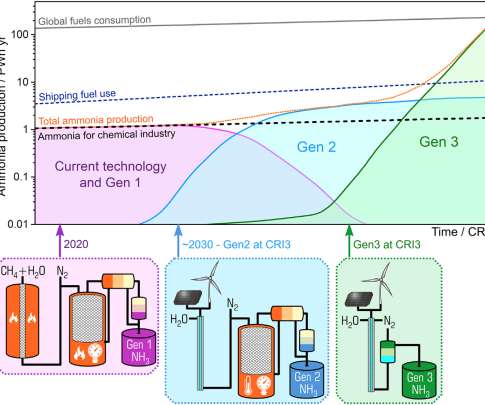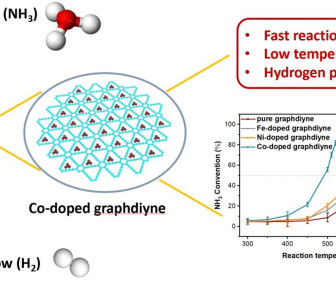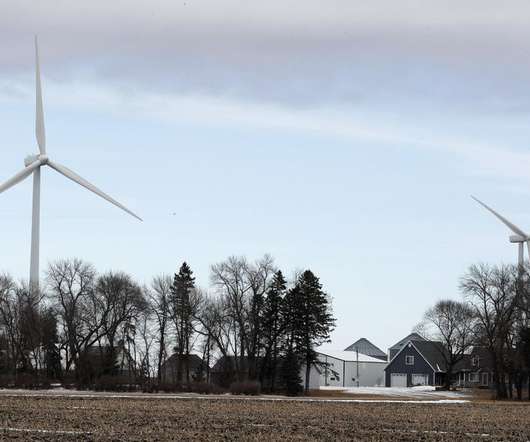Oxford Team Outlines Progress and Potential in CO2 Capture and Conversion to Synthetic Transportation Fuels
Green Car Congress
JUNE 26, 2010
The authors highlight three possible strategies for CO 2 conversion by physico-chemical approaches: sustainable (or renewable) synthetic methanol; syngas production derived from flue gases from coal-, gas- or oil-fired electric power stations; and photochemical production of synthetic fuels. Edwards (2010) Turning carbon dioxide into fuel.










































Let's personalize your content